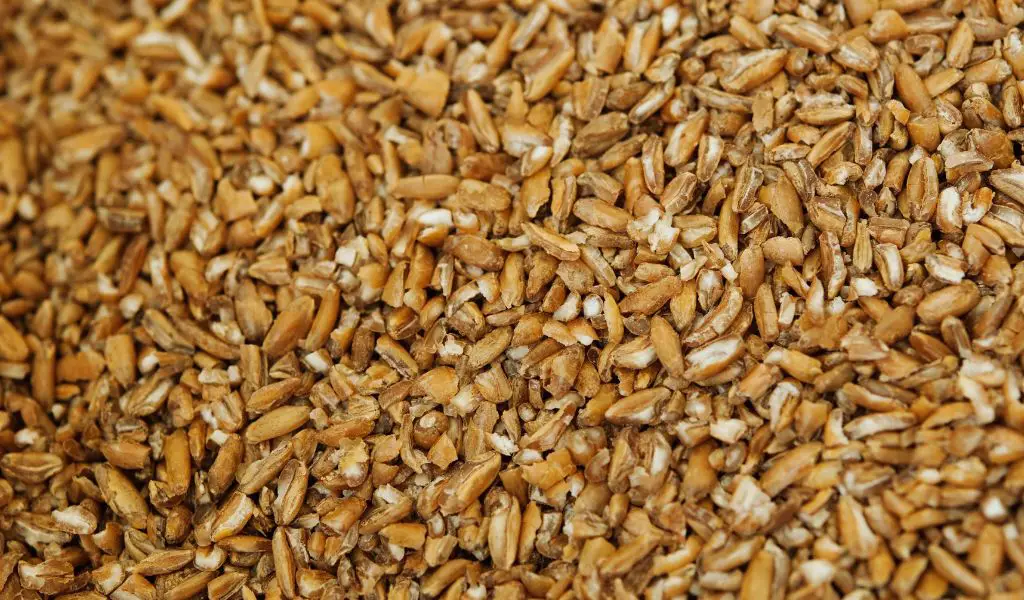Yes, dogs can eat pineapple. Pineapple is generally safe for dogs to consume in moderate amounts. It is a tropical fruit that contains essential vitamins, minerals, and fiber, which can be beneficial for your dog’s overall health. The fruit is low in fat and cholesterol and provides a good source of vitamin C and manganese. However, it’s important to note that pineapple should only be given as an occasional treat and not as a regular part of your dog’s diet.
Dos
- Offer pineapple in small, bite-sized pieces to prevent choking hazards.
- Remove the tough outer skin and the hard central core before feeding it to your dog.
- Serve fresh pineapple without any added sugars or sweeteners.
- Introduce pineapple gradually into your dog’s diet to monitor any potential digestive issues.
Don’ts
- Avoid feeding canned pineapple as it may contain added sugars or preservatives that can be harmful to dogs.
- Refrain from giving your dog too much pineapple at once, as excessive consumption may lead to digestive upset or diarrhea.
- Do not give pineapple to dogs with certain health conditions, such as pancreatitis or diabetes, as the high sugar content may not be suitable for them.
- Never give your dog pineapple with the skin or core intact, as they can pose a choking hazard and may be difficult to digest.
Can pineapple be toxic to dogs?
No, pineapple is not toxic to dogs. However, it’s important to remove the skin and core, and feed it in moderation.
Can pineapple help with a dog’s digestion?
Pineapple contains bromelain, an enzyme that can aid in digestion. However, it’s crucial to introduce it gradually to avoid digestive issues.
Can pineapple cause allergies in dogs?
Some dogs may be allergic to pineapple. If you notice any signs of an allergic reaction, such as itching, swelling, or vomiting, discontinue feeding it immediately and consult a veterinarian.
Conclusion and final thoughts 💭
In conclusion, dogs can eat pineapple as an occasional treat. This tropical fruit offers some nutritional benefits, but it’s essential to feed it in moderation and without any added sugars or sweeteners.
Always consult with your veterinarian before introducing new foods into your dog’s diet to ensure they are suitable for your pet’s specific needs.
Remember, a healthy and balanced diet tailored to your dog’s requirements should be the primary focus of their nutrition, and treats like pineapple should be given sparingly.




